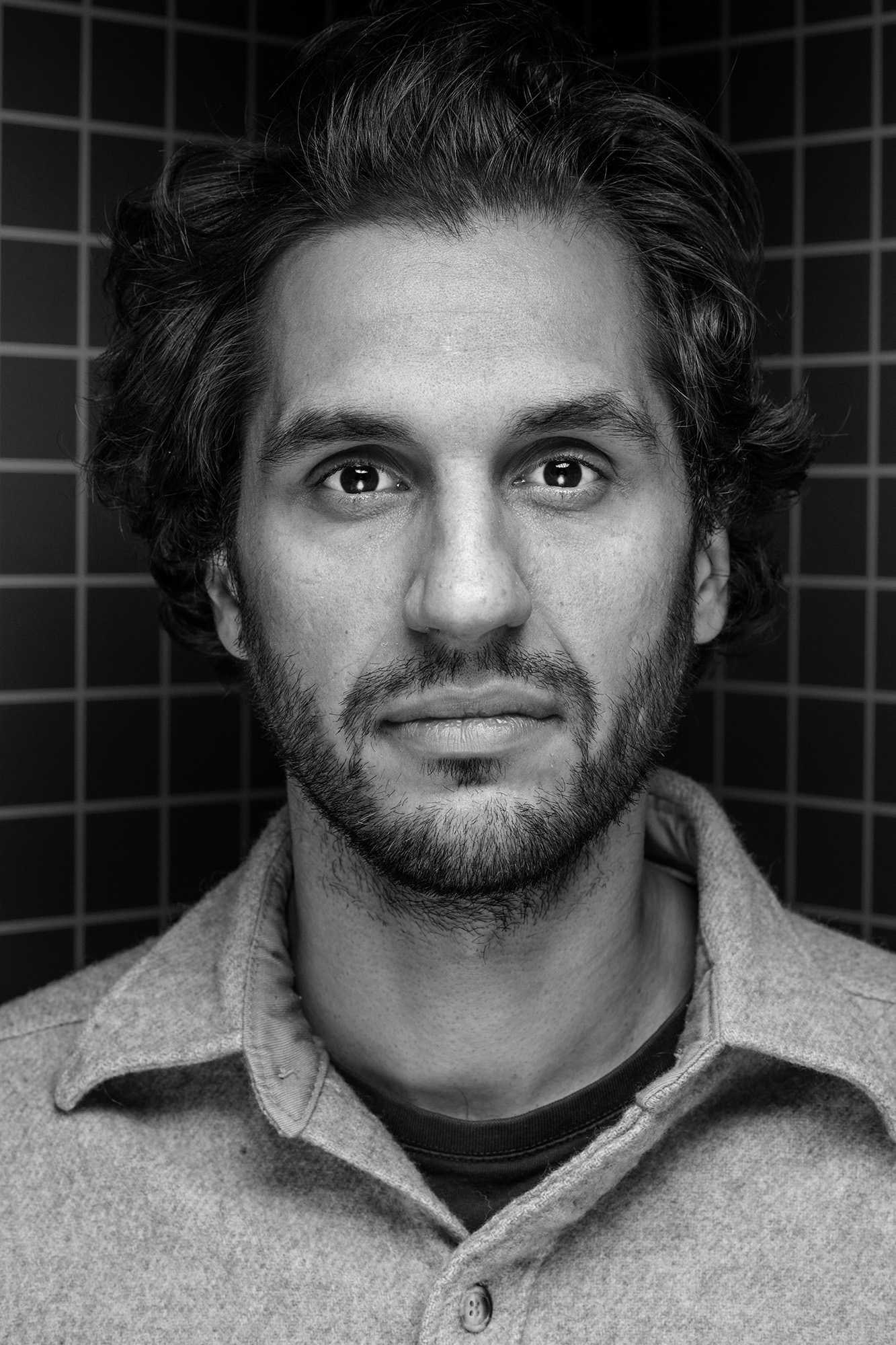
Artist

András Zoltai
Flood Me, I'll be Here
Blue Memoir
The five artists selected:
Márton Mónus is a freelance photojournalist who explores socially sensitive topics from the classic documentary perspective of the silent observer. In his images, he demonstrates patience, authenticity, and empathy for those he is photographing. It is his intention to show what is happening first-hand on the ground and leave room for interpretation.
Enikő Hodosy has previously revealed human sensibilities through the careful observation of external signs, but in her recent series, she focuses primarily inward and tries to transform the inner images of self-healing and meditation into poetic still lifes. A sensitive, talented, young artist facing a promising future experiences extreme impulses.
Zsófia Sivák was born in the village of Kerecsenden, Heves County, in the northeastern part of Hungary. She knows rural life as her own, and looks at it with that
knowledge, rather than with the wandering gaze of a stranger. She never crosses the boundaries of authentic documentarism: while her strong opinions offer an intimate
insight, she does not interfere with reality in her pictures. She earns the trust of her subjects with good reason, and she never wavers from it.
Kincső Bede has everything that the word ‘futures’ implies. Despite the unpredictability of the future, it is strength and enthusiasm that she brings to her projects with incredible determination. Self-critical, she recognizes her own limitations, yet she is also extremely trusting of her intuition, which makes her work highly emotional. The future is indeed uncertain, but Kincső Bede always approaches her chosen subjects with courage, authenticity, and substance.
Anyone who chooses to work with an analog technique, compose in a viewfinder or work with a given number of images must have a high level of professional knowledge, concentration, and a clearly defined idea. András Zoltai works with analog technology. As a documentary photojournalist, he is constantly looking for socially sensitive topics, human stories. During the post-Soviet period, he produced the series The Chance - Post-Soviet Sports Heritage in Armenia, which shows the fate of athletes in the margins of society. The dilapidated facilities and old-fashioned training methods take us back to the past. His photographs demonstrate a high level of social sensitivity and a deep sense of communal responsibility. As an artist, he believes in the power of images, in his duty to show the photographs to the public.































